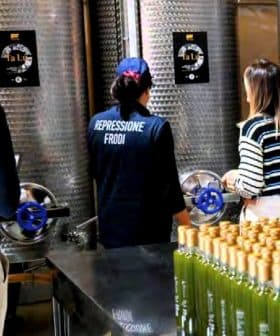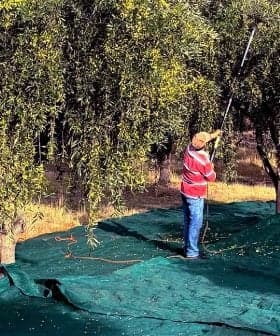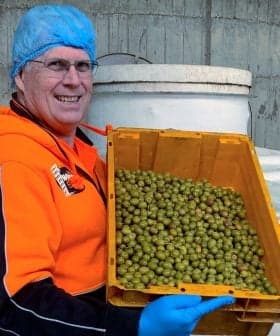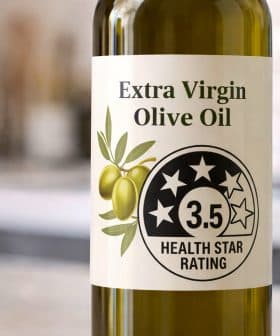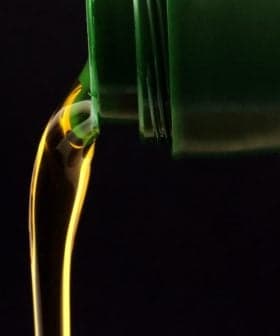New Standards Getting Traction in Australia
The new Australian Standard for Olive and Olive-Pomace Oils aims to regulate labeling and quality of olive oil products in Australia, addressing issues of mislabeling and low-quality oils. While initially met with resistance from major supermarket chains, the standard has gained support from producers and consumer watchdogs for improving consumer protection and industry standards.

Before the adoption by Standards Australia of the new Australian Standard for Olive and Olive-Pomace Oils, terms like ‘premium, super, pure, light/lite, extra light/lite’ were used without justification, ‘best before’ dates were not subject to technical provenance and olive oil grades, including the classification of ‘extra virgin,’ were not policed. Many oils claiming to be extra virgin on Australian shelves were in fact lower grades, or not olive oil at all.
The new standard implemented testing methods and guidelines to ensure conformity across the range of Australian and imported products.
While the standard has been welcomed by domestic producers and consumers, it was not immediately popular with major supermarket chains Coles and Woolworths, who were not intending to ask their suppliers to adhere to the standard. Olive oil has become another victim of the undercutting price war between the two supermarket giants in recent months, the likes of which has decimated milk producers, sending many dairy farmers out of the industry.
The institution of the standard would help cut short the supermarkets’ race to the bottom by eliminating many of the mislabeled, low-quality olive oils that have been flooding the Australian market during the European economic recession, while protecting consumers from substandard products.
Supermarkets wield here, and one concern is that any attempts to impose the currently voluntary standard on them may result in legal challenges to the standard as a “barrier to trade.” Indeed, Food Standards Australia and New Zealand withdrew from the olive oil standards process.
The International Olive Council objected to the standard calling it a possible “barrier to international trade” that would make adulteration easier. The IOCs objections pointed to differences in its own international standard and the definitions in the Australian version. Because the IOC is not supportive of the standard, it’s unlikely it will be adopted as a FSANZ standard and remain voluntary, according to sources.
However, recent reports that many olive oils on the shelves in South Australia were adulterated with sunflower, canola and even lampante oil has put the spotlight on the standard’s usefulness in protecting consumer confidence and safety.
The Australian Olive Association tested 20 olive oils available in Adelaide supermarkets in 2011 and found that, besides incidents of adulteration, seven were also rancid, mildewed or incorrectly labelled. The revelations have changed the supermarkets attitudes with both Coles and Woolworths now saying they will be phasing in the new standard.
Choice, the Australian consumer watchdog, also tested 28 olive oils in 2010 and found “half the oils on test – most of which are imported from Italy and Spain – didn’t meet international standards for extra virgin.” Choice also found that 9 out of ten of the best tasting brands were from Australian producers.
CEO of Standards Australia, Colin Blair told Olive Oil Times, “The standard has been broadly welcomed by producers and also in terms of consumer protection. It provides a rigorous framework for stakeholders. The olive oil standard has set a benchmark for the industry and has attracted high levels of interest domestically and internationally.”


